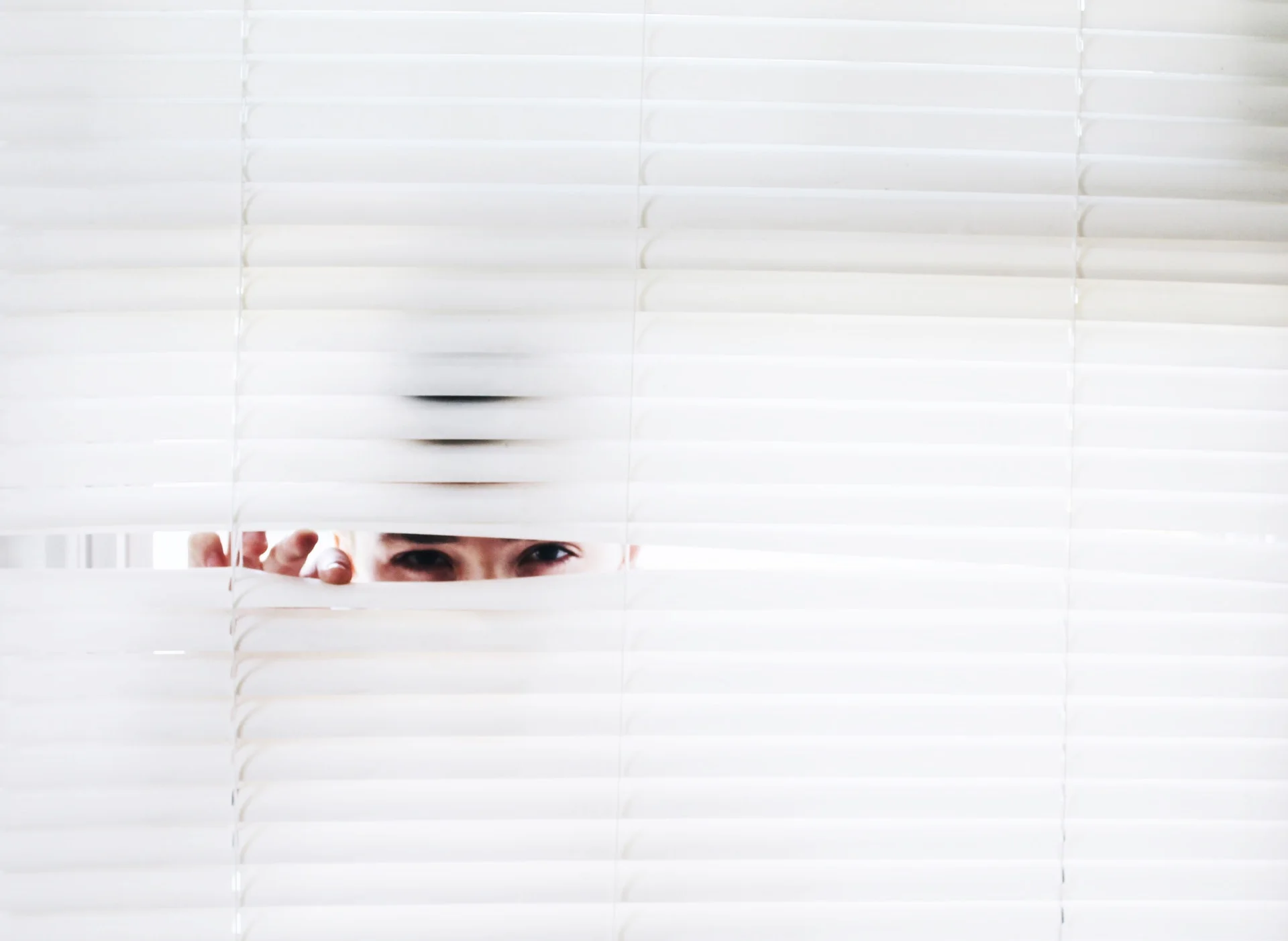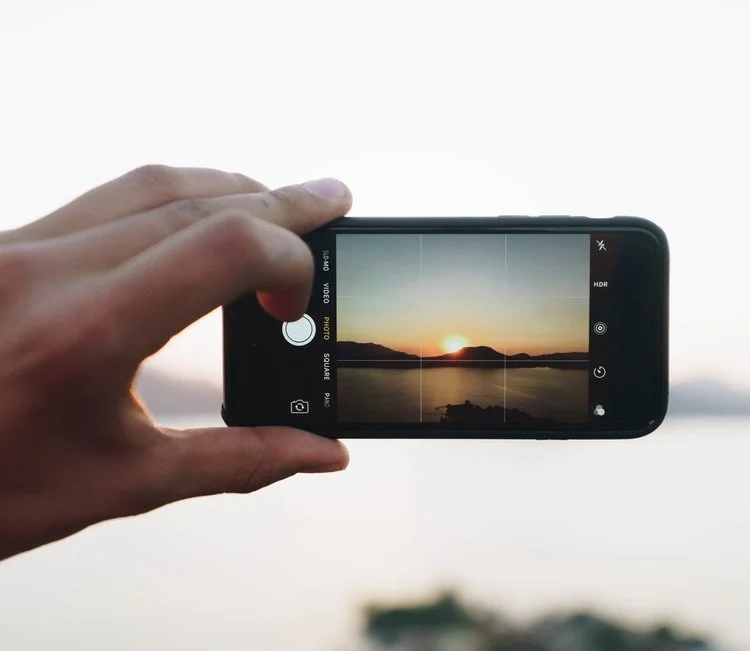The present times demand, more than ever, that we stay healthy - digital media is no exception.
Digital Wellbeing, Online Wellbeing or Online Mindfulness, whatever terms we want to use, have become crucial topics that need to be addressed.
The Internet is a tool that offers endless possibilities and can provide a considerable efficiency boost.
But overuse can easily occur. In fact, it can even turn into internet addiction (or specific social media addiction, game addiction, pornography addiction, smartphone addiction, etc.).
For us as a digital agency, it is important that digital media is handled responsibly. We have put together 11 simple tips that can help promote your digital wellbeing.
How do you feel about digital wellbeing? Do you have your mobile phone consumption under control? What are your life hacks?
11 Digital Wellbeing Tips
Through the following 11 simple steps, onlineKarma, in cooperation with George Peterburs of "Be in Resonance," explain how you can infuse a little mindfulness into digital media:
#1 Charging your smartphone outside the bedroom
#2 Measure your daily digital dose with an app
#5 Start screen with tools only
#6 Eliminate annoying notifications
#7 Delete social media apps from your phone
#8 Monotasking instead of multitasking
#9 Arrange offline zones and times
#1 Charge your smartphone outside your bedroom
Get a separate alarm clock., so you can wake up without your attention being immediately drawn to your smartphone while you are still in bed.
onlineKarma’s tip: Get a conventional alarm clock again. ⏰
Source: Giphy
#2 Measure your daily digital dose
Reduce (digital) distractions to the bare essentials.
Avoid notifications on your (locked) smartphone screen, avoid push functions, live updates, flashing lights and sounds.
Also push notifications (e.g. per new mail) on the work PC are not necessary. Use the "mailbox rule" for mails. Empty your inbox as you would sort through your physical mail. Limit yourself to checking emails e.g. once a day (private) and every 3 hours (business).
onlineKarma’s tip: iPhone manual, Android manual ✉
Source: Giphy
#3 Switch off 12 hours a day!
Go offline for 12 hours every day, for example from 8 pm to 8 am.
For 12 hours at a time, disconnect from email, social media and the Internet. If you switch off later in the evening, then switch on later in the morning.
onlineKarma’s tip: You can read a good book or attend a yoga class without a smartphone. 🧘♀️🧘♂️
Source: Giphy
#4 Select grey tones
Choosing a Grayscale on our smartphone screen gives us more control over where we direct our attention.
The red dots that notify us of new messages, distracting our attention, no longer put us on alert.
onlineKarma’s tip: iPhone manual, Android manual ⚙
Source: Giphy
#5 Home screen for tools only
Use your smartphone home screen only for tools, or apps that are only used briefly to perform an activity or find a specific piece of information.
These are apps like calendar, contacts, cards, camera or notes. Remove all other (time-consuming) apps from the first page or move them to a dedicated folder.
onlineKarma’s tip: 🔧
Source: Giphy
#6 Eliminate annoying notifications
Use an app (e.g. 11 apps to help reduce screen time or Digital Wellbeing App) that tells you how much time you spent on your smartphone the day before, how often you unlocked your device and which apps you used the longest.
onlineKarma’s tip: Occasionally compare your screen time with that of your friends. The numbers are sometimes surprising. 📊
#7 Delete social media apps from your phone
If you seriously want to spend less time on your phone, delete all social media apps from your phone. You can use them - if necessary - on your computer.
onlineKarma’s tip: Don’t do it 😉
Source: Giphy
#8 Monotasking instead of multitasking
You should consciously concentrate, at least once a day for a shorter or longer period of time, on only one activity.
Eliminate all possible distractions; do not receive any emails, text messages or phone calls during this time.
onlineKarma’s tip: Enjoy your favorite music with a good drink. ☕
Source: Giphy
#9 Arrange offline areas and times!
Set limits to digitisation.
Create areas and times that are completely free of digital interference. Privately, these may be the bedroom, kitchen or dining room at least during meals, at work possibly in the meeting room and lounge area.
onlineKarma’s tip: Allow yourself at least 30 minutes offline before going to bed. This can work wonders for falling asleep. 🤗
Source: Giphy
#10 One Digital Detox day a Week
Do not use digital devices or monitors for a whole day.
Keep computers and smartphones in a safe place, preferably turned off completely. Leave the TV off, don't watch movies or listen to the radio or digital music.
onlineKarma’s tip: How about a long walk in the sun or a visit to the theater? 😍
#11 Out of sight out of mind
This tip seems almost too simple to be true. But it works. Make electronic devices invisible and you can concentrate better on the conversation or activity at hand.
You can turn off your laptop, cover the TV with a nice cloth and hide the phone in a drawer or under a blanket.
Of course you can also leave the mobile phone at home, e.g. when going to the baker, jogging, walking etc.
Dr. med. Adam Gazzaley confirmed: If you keep your phone out of sight, you improve your concentration, the ability to store information and reduce stress.
The basic rule is: Reduce distractions:
Google on Digital Wellbeing
Internet addiction
According to RADIX, in Switzerland alone, 370,000 people are already "having problems with their [Internet] consumption".
The consequences can be social isolation, mood swings and concentration problems. Moreover, obesity (and its secondary diseases such as diabetes), visual and sleeping disorders can be triggered by digital addiction.
Problematic Internet use: symptoms and effects.
According to the Swiss Federal Office of Public Health and SafeZone.ch, a person with online addiction may have one or more of the following symptoms:
They can no longer control their Internet use and are spending more and more time online.
The Internet becomes their center of interest, other or previous interests are lost.
There is an insurmountable desire to be on the Internet, non-use leads to anxiety (withdrawal symptoms).
Despite negative consequences, the Internet is still used.
An internet addict withdraws from other people and relationships are compromised.
They are online until well into the night, so that the day-night rhythm changes and excessive tiredness sets in.
Spending time online can also be a strategy to avoid unpleasant feelings or stress.
Work performance decreases and there is a risk of going into debt.
Health is affected.
They have trouble disconnecting from the Internet again.
Not all of these signs have to be present to be declared an online addiction. Nor can such a condition be detected simply on the basis of a certain daily use of the Internet.
Of Special Interest
According to the BAG, specific areas of the Internet exert a particular addiction. These include gambling, pornography, online communication (e.g. via social networks), online shopping or video games.
Excessive use of the Internet brings about biochemical changes in the body which lead to addiction. Like drug addiction, online addiction causes changes in the reward centre of the brain, so that everyday reward situations alone are no longer sufficient for the online addicted person.
Adolescents have an increased risk of becoming addicted because the brain region responsible for controlling behaviour and emotions is not yet fully developed.
Women show excessive use of online communication more often, while men tend to have more problems with excessive use of pornographic sites.
Internet addiction: prevention and treatment
Online advice centre SafeZone offers their service, and can also be used anonymously. To prevent problematic Internet use, the accountability of our media is pivotal.
Meditation may be of great help to you. Acknowledge the autopilot in you. Try it out, for example with the free meditations from the Centre for Mindfulness.
Call, chat, email for free, speak with the offered hand https://www.143.ch
Long-term consequences of excessive Internet consumption
An online addiction can lead to the impairment of social relationships and lower academic or professional performance. Some forms of use can also cause major financial problems. Physical health can often also also be affected. For example, it can lead to posture problems, eating disorders, headaches and vision problems.
About onlineKarma
As a sustainable digital agency, we support companies, associations and private individuals with a successful online presence. onlineKarma stands for online marketing with impact. We are happy to support you with Content Marketing, SEO, SEA, Social Media Marketing and more. Here is an overview of our services.
You might also be interested in this:
Your sustainable online advertising agency in Switzerland
For families: The Internet Code of Awesome (EN)




















